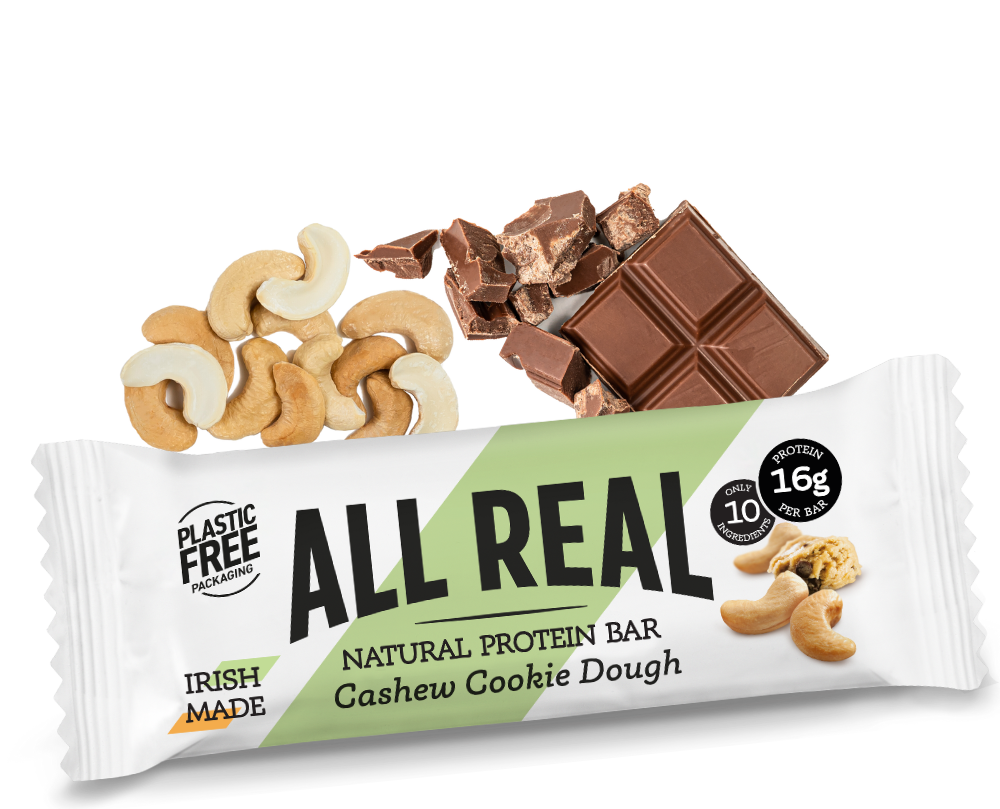Jan 28, 2021
Evan Lynch: It’s That Time Of Year Again
It’s that time of the year again where our conversations are all based around all of the fitness aspirations we have and all of the foods we are no longer eating. It’s the same conversation we have every year, usually with the same old goals in mind, which is curious. Why do we never seem to get a grip of those New
Year’s Resolutions, and how can we get a little better at them?
First & foremost, when people come up with New Year’s Resolutions, there’s often not a lot of thought put into them, we are all used to hearing the classic “I’ll lose 10 pounds” or “I’m off chocolate now forever.” We get these sexy end goals, and even talking about them makes us feel as though we have already achieved, we rarely do. Perhaps we might do better if focused on some action points, as opposed to arbitrary end goals, and we might do better if we set some smarter rules in and around how we set goals.
Just this year, your New Year’s resolution should be to have no more of them, let me explain – if you give up on your goals around February and wait a month before your beach holiday or the next year to pick it up again, you are placing your health on hold and putting major criteria and conditions on self-care, this time adds up. What we want from your goals is two things; that you can follow them all year around, forever and that they don’t have an end point, this is pretty important.
We have just looked why it’s important to be able to achieve it all year round, as this means it’s part of your daily routine, and likely something you can do long term. Why do we want there to be no end point? Case in point is the notion of “dry January” – a decidedly Irish notion where people abstain from alcohol after one month of heavy consumption, only to begin heavily consuming it again in February. This says two things to us, that when January is complete, we can go back to consuming as much alcohol as we wish, it also fosters an all or nothing approach, which is associated with more extreme intakes and destructive behaviour.
Wouldn’t a better goal be to consume a non-alcoholic every 2nd drink when you are out, and to try keep your alcohol to one night a week, in moderate amounts? It’s more doable, it’s less exciting and isn’t that difficult – odds are, due to this fact, you may write this off as a useless or ineffective idea. But let’s say that this approach cut your alcohol to 6 units (3 pints of beer) per week, consistently. Compare this to the average of 17 pints a week in Ireland in 2018, if we put this in the context of beer, here’s the numbers (based on average alcohol consumption statistics):
- Dry January: 13,600 calories saved total
- Moderate approach: 138,580 calories saved total
This is all to illustrate a point, if you opt for a goal that you can do all the time, it will have stronger and more meaningful effects, don’t set time limits or conditions for looking after your health. Here’s a few more rules for setting goals, they are basic, and will make your life an awful lot easier:
- Pick a small action that you can easily achieve on daily basis, I suggest thinking of the weakest link in your diet. If it’s fruit & veg intake, vow to add two extra portions a day, as a side at dinner, spinach hidden in a smoothie, berries in a yogurt etc. Find a way to make it slightly better.
- Try not to do any nutritional extremism, if you catch yourself making suggestions such as “I will avoid this food” or “I am off of this now”, rethink quickly, perhaps it might be better to try to consume less, moderate amounts or keep it to once a week, this works well for takeaways and alcohol for example.
- Try apply my litmus test, think of the changes you have in mind, can you imagine yourself doing them happily for 5 years? If the answer is no, you need to find a compromise and make it a level easier.
- Acknowledge that you will never be perfect, and that the only true way to fail is to stop trying, if you miss a beat by having a bag of crisps, going out fro drinks etc. just pick up again the following morning or the next meal, simple as, no more dwelling on” going off track” and allowing yourself to start again the following week.
- Think of the long term consequences of not changing anything right now, things will get better or worse, visualize it, now visualize the impact of the small changes you are thinking of long term, these are your contrasts, you are running away from one poor outcome to a better one, this is your motivation, the other points help with the process.
Also just a quick public service announcement for anybody reading, there are no good foods or bad foods, it’s all about portion control & moderation.
Evan – All Real Nutritionist









